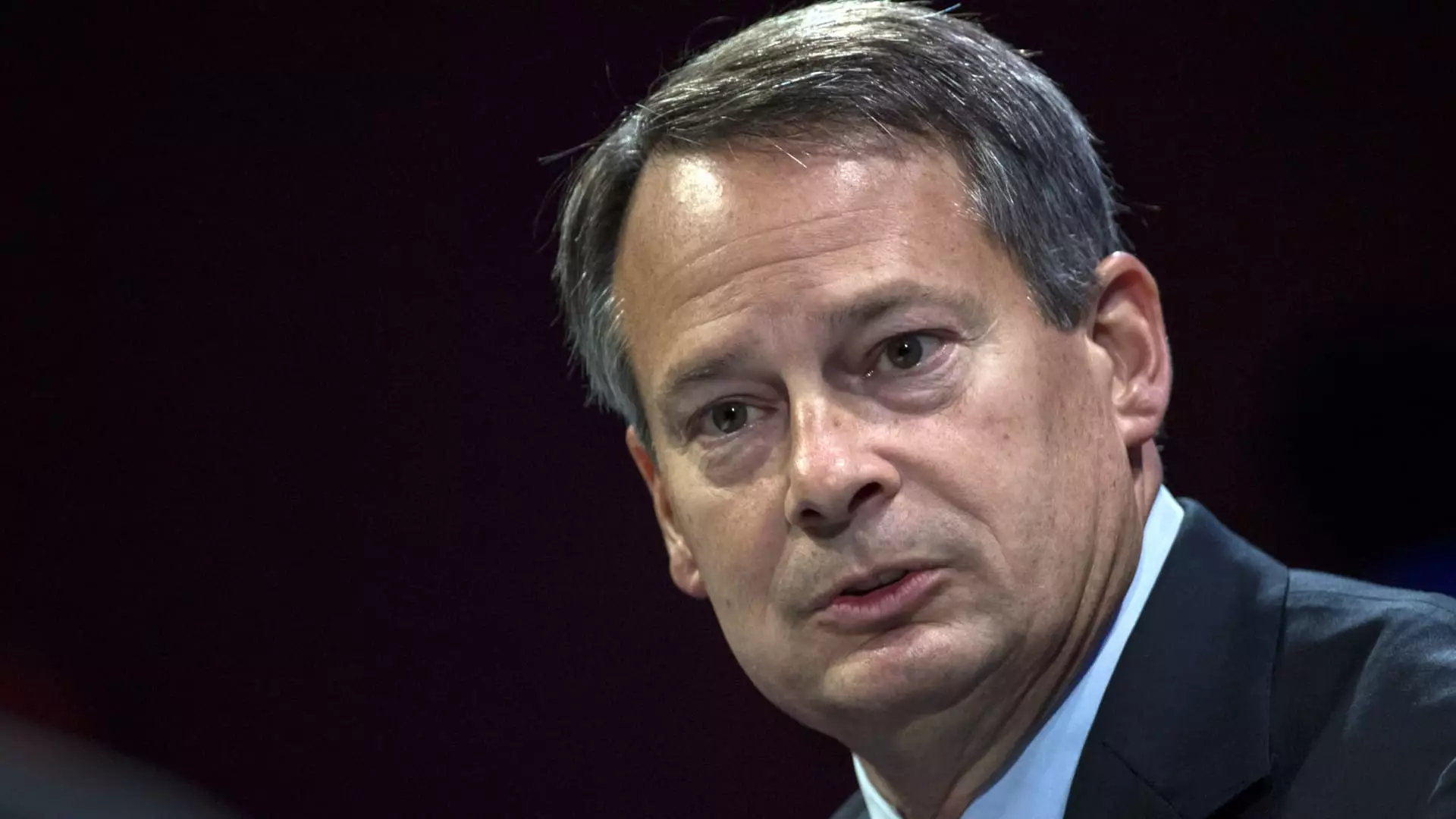Walt Bettinger, CEO of Charles Schwab, is set to retire at the end of December 2024, marking the conclusion of an impressive 16-year leadership tenure at the brokerage firm. This announcement not only signals a shift at the top but also opens the door for Rick Wurster, currently the President of Schwab, to step into the CEO role starting January 1, 2025. Bettinger’s retirement at the age of 65 comes at a point where thoughtful succession planning plays a critical role in ensuring stability within the firm, a sentiment echoed in his departure statement.
Under Bettinger’s stewardship since 2008, Charles Schwab has witnessed remarkable growth. Client assets have soared from $1.14 trillion to an astonishing $9.74 trillion, while the number of client brokerage accounts has jumped from under 10 million to over 43 million. This exponential rise can be attributed in part to strategic acquisitions, notably the integration of TD Ameritrade, which solidified Schwab’s market position following its closure in 2020. Bettinger expressed satisfaction with the completion of this integration earlier in the year, calling it a pivotal milestone and reaffirming that it is a fitting time for him to transition out of the CEO role.
Continuity of Vision
Wurster, who has worked alongside Bettinger for more than eight years, emphasized the continuity of vision during the transition. In a recent interview on CNBC’s “Squawk Box,” he reiterated that there would be no abrupt shifts in strategy following Bettinger’s retirement—indicating that the focus on client service and satisfaction will persist seamlessly. Wurster’s remarks instill confidence in stakeholders who may be wary of the uncertainties typically associated with leadership changes.
While Bettinger leaves behind a legacy characterized by significant growth and resilience, it’s essential to view this in the broader context of market performance. The company’s stock has appreciated around 150% during Bettinger’s leadership, a commendable feat considering he took the reins amid the financial turmoil of 2008. Yet, looking at the recent performance, Schwab’s shares have struggled, particularly over the last two years, underperforming compared to the broader market. This illustrates the complexity of leadership—achieving notable growth against a backdrop of turbulent market conditions.
As Bettinger’s leadership concludes and Wurster prepares to take the baton, all eyes will be on how Schwab adapts to the evolving financial landscape. The foundation laid over the past decade and a half provides a solid platform; however, Wurster’s ability to innovate while maintaining the established client-first approach will be crucial for the firm’s sustained success. The investment community and clients alike will undoubtedly be monitoring this transition closely, hoping for a continuation of the strong performance that has become synonymous with the Charles Schwab brand.

